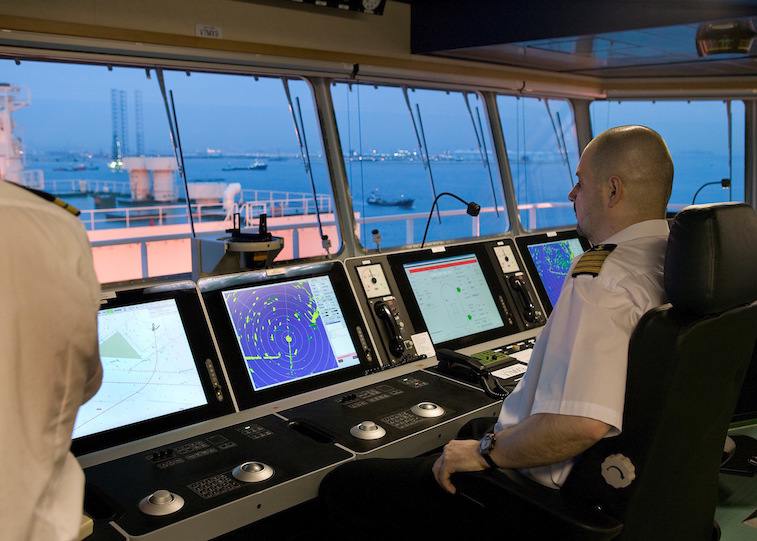Today the world needs engines that can cope up with the stringent emission norms and higher demands for robust, reliable and smart engines with low operational cost. To achieve the above possibilities, a whole new generation of engine is being developed with a comprehensive use of electronics, hardware and software in large 2 stroke low speed cross head engines known as “Intelligent Engines”.
The intelligent engine concept widens the reliability of traditional engines to facilitate new applications and concepts. The initial cost of such engine is quite high but the operational cost is lower than other engine used with proper operating procedure and trained crew.
The first intelligent engine in the maritime world was delivered in October-1998 and was introduced in a chemical carrier M/T Bow Cecil.

Basic Concept of Intelligent Engine
– A central electronic control system is incorporated which is the brain of the system and which monitors and evaluate the general condition to keep the operating parameter within limits and maintain the performance of the engine at the higher side.
– Central control system operates Engine control unit (ECU) and cylinder control unit (CCU).
– ECU controls the overall protection and efficient performance of the whole engine. CCU controls the each cylinder of the engine for safe and efficient working.
– This control system saves the engine from damage due to overloading, malfunctioning, maladjustment and lack of maintenance.

The intelligent engine provides flexibility in operation by replacing mechanical cam shaft for fuel pump and exhaust valve with common rail system and computer controlled system.
– To comply with the emission norms, system is incorporated with catalytic clean up system and fuel economy modes which can be selected from bridge.
A reversing and crash mode option is provided in the bridge, controlled through the main central electronic control which sends signal to the engine when in operational mode.
– The central system consists of a program in which the protection system can be override in case of emergency.
Main goals
The basic aim for developing intelligent engine is to reduce the operational cost of the propulsion plant, to have high fluctuation in operation and to cope up with the stringent emission norms imposed by regulating authorities under . Apart from this, the following points to be considered for intelligent engines:
1) Reliability of engine increases
– The central monitoring system keeps an eye on the fluctuation of load and distribute equally to all the cylinders.
– It consists of overload protection system which will give alarm and trip’s the engine, ruling out the possibilities of overload and thermal stresses.
– Any other abnormality is displayed with an early warning and alarm system so that the problem can be tackled before it hampers the operational aspects of the engine.
– This system increases the emission control flexibility.
2) Fuel and lube oil consumption cost reduces
– The load operating efficiency increases as compared to normal engines which increases the life of the engine and maintenance schedule can be delayed which cut shorts the operational cost.
– The performance is fuel optimized. Fuel oil, lube oil and other lubricants consumption drastically decreases which reduces the operational cost.
– The engine and its performance is maintained “as new” for its lifetime.
– The cylinder lubrication is one of the most expensive lubrication oil used in marine operation. The consumption is controlled with the help of mechatronic (incorporated with mechanical and electronic controlled enhanced system) cylinder lubrication with advanced dosage of oil.
3) Follow up of stringent air pollution emission norms.
– Now almost all the countries are following the stringent norms for emission from the ship’s propulsion plant. The intelligent engine gives the flexibility to cope up with different norms for different controlled bodies by enhancing the emission performance characteristics.
– To reduce the emission of harmful substance like Nox and Sox, catalytic controller and fuel control and consumption modes are incorporated in the control system.


